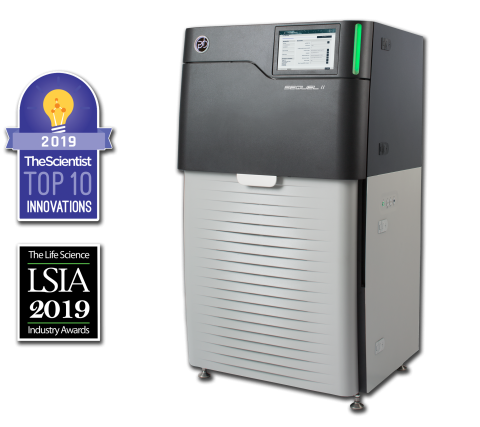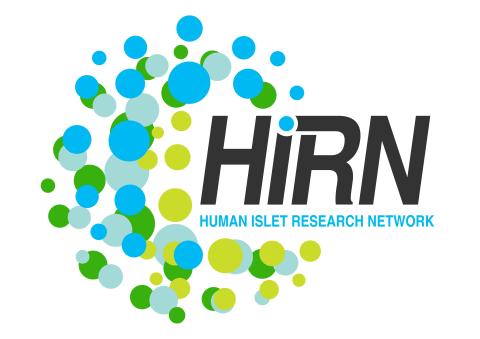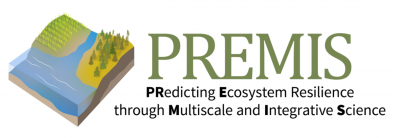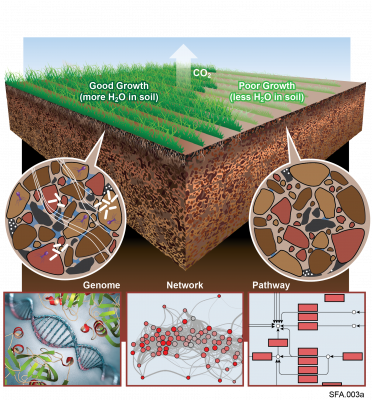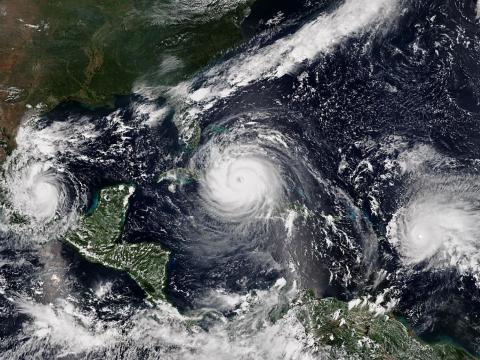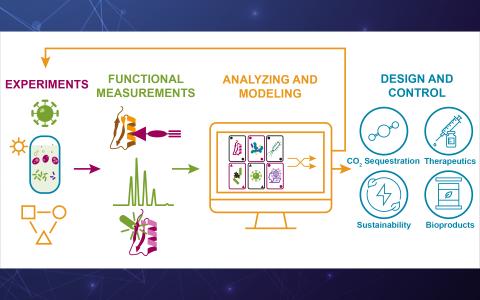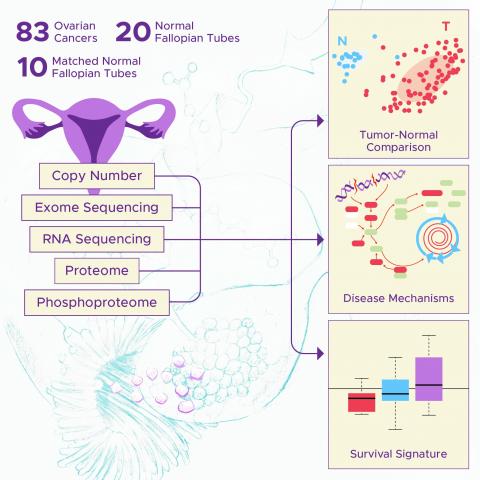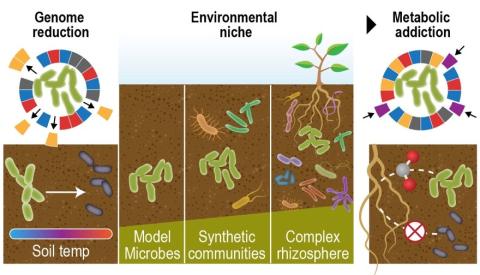The Sequel II System Sequencer is a high-throughput DNA sequencer machine developed and manufactured by PacBio , and is designed for high throughput, production-scale sequencing laboratories. Originally released in 2015, the Sequel system provides Single Molecule, Real-Time (SMRT) sequencing core...
Filter results
Category
- (-) Scientific Discovery (45)
- (-) Data Analytics & Machine Learning (1)
- (-) Weapons of Mass Effect (1)
- Biology (34)
- Earth System Science (22)
- Human Health (20)
- Integrative Omics (15)
- Microbiome Science (9)
- Computational Research (8)
- National Security (6)
- Computing & Analytics (5)
- Data Analytics & Machine Learning (5)
- Energy Resiliency (3)
- Chemistry (2)
- Computational Mathematics & Statistics (2)
- Materials Science (2)
- Renewable Energy (2)
- Chemical & Biological Signatures Science (1)
- Coastal Science (1)
- Ecosystem Science (1)
- Energy Efficiency (1)
- Energy Storage (1)
- Solar Energy (1)
Tags
- Omics (16)
- Genomics (6)
- High Throughput Sequencing (6)
- Mass spectrometry data (6)
- Omics-LHV Project (6)
- Virology (6)
- Differential Expression Analysis (5)
- Gene expression profile data (5)
- Imaging (5)
- Immune Response (5)
- Mass Spectrometer (5)
- Multi-Omics (5)
- Sequencer System (5)
- Time Sampled Measurement Datasets (5)
- Autoimmunity (4)
- Biomarkers (4)
- Homo sapiens (4)
- Molecular Profiling (4)
- Proteomics (4)
- Type 1 Diabetes (4)
- Machine Learning (3)
- Mass Spectrometry (3)
- Mass spectrometry-based Omics (3)
- Microscopy (3)
- Mus musculus (3)
- Biological and Environmental Research (2)
- Ebola (2)
- Long Read Sequencer (2)
- metabolomics (2)
- Spectroscopy (2)
The Human Islet Research Network (HIRN) is a large consortia with many research projects focused on understanding how beta cells are lost in type 1 diabetics (T1D) with a goal of finding how to protect against or replace the loss of functional beta cells. The consortia has multiple branches of...
Datasets
0
The influence of tidal inundation dynamics on below ground carbon pools is poorly understood across coastal terrestrial-aquatic interface (TAI) ecosystems. The dynamic environmental conditions of tidally-influenced landscapes, the chemically complex nature of carbon compounds, the diverse nature of...
Category
Datasets
3
The Phenotypic Response of the Soil Microbiome to Environmental Perturbations Project (Soil Microbiome SFA) at Pacific Northwest National Laboratory is a Genomic Sciences Program Science Focus Area (SFA) Project operating under the Environmental Microbiome Science Research Area. The Soil Microbiome...
Datasets
23
This project is an interdisciplinary collaboration supported by US DOE Office of Science's Scientific Discovery through Advanced Computing (SciDAC) program. The project addresses a crucial but largely overlooked source of error in the Energy Exascale Earth System Model (E3SM) and other atmosphere...
Category
Datasets
2
The PNNL-SERDP database was constructed by PNNL to generate the quantitative infrared spectra of gases associated with biomass burning; the reference data are to allow detection and quantification of such gases via infrared absorption spectroscopy. Candidates for the database were selected based on...
Category
Datasets
2
Category
Datasets
1
The Diabetes Autoimmunity Study in the Young (DAISY) seeks to find environmental factors that can trigger the development of type 1 diabetes (T1D) in children. DAISY follows children with high-risk of developing T1D based on family history or genetic markers. Genes, diets, infections, and...
Datasets
1
Machine learning is a core technology that is rapidly advancing within type 1 diabetes (T1D) research. Our Human Islet Research Network (HIRN) grant is studying early cellular response initiating β cell stress in T1D through the generation of heterogenous low- and high-throughput molecular...
Datasets
3
Predictive Phenomics is addressing the grand challenge of understanding and predicting phenotype by identifying the molecular basis of function and enable function-driven design and control of biological systems .
Category
Datasets
0
Last updated on 2024-02-11T22:41:43+00:00 by LN Anderson Omics-LHV Profiling of Host Response to Influenza A Virus Infection Background Influenza A virus ( IAV ) is a high risk biological agent belonging to the Orthomyxoviridae family is classified as a Category C priority pathogen by the National...
Category
Datasets
8
Last updated on 2024-02-11T22:41:43+00:00 by LN Anderson Omics-LHV Profiling of Host Response to West Nile Virus Infection Background West Nile virus ( WNV ) belongs to the mosquito-borne Flaviviridae family and is classified as a Category A priority pathogen by the National Institute of Allergy and...
Category
Datasets
11
Category
Datasets
1
Category
Datasets
1
Last updated on 2023-02-23T19:37:46+00:00 by LN Anderson PerCon SFA Project Publication Experimental Data Catalog The Persistence Control of Engineered Functions in Complex Soil Microbiomes Project (PerCon SFA) at Pacific Northwest National Laboratory ( PNNL ) is a Genomic Sciences Program...
Datasets
3

